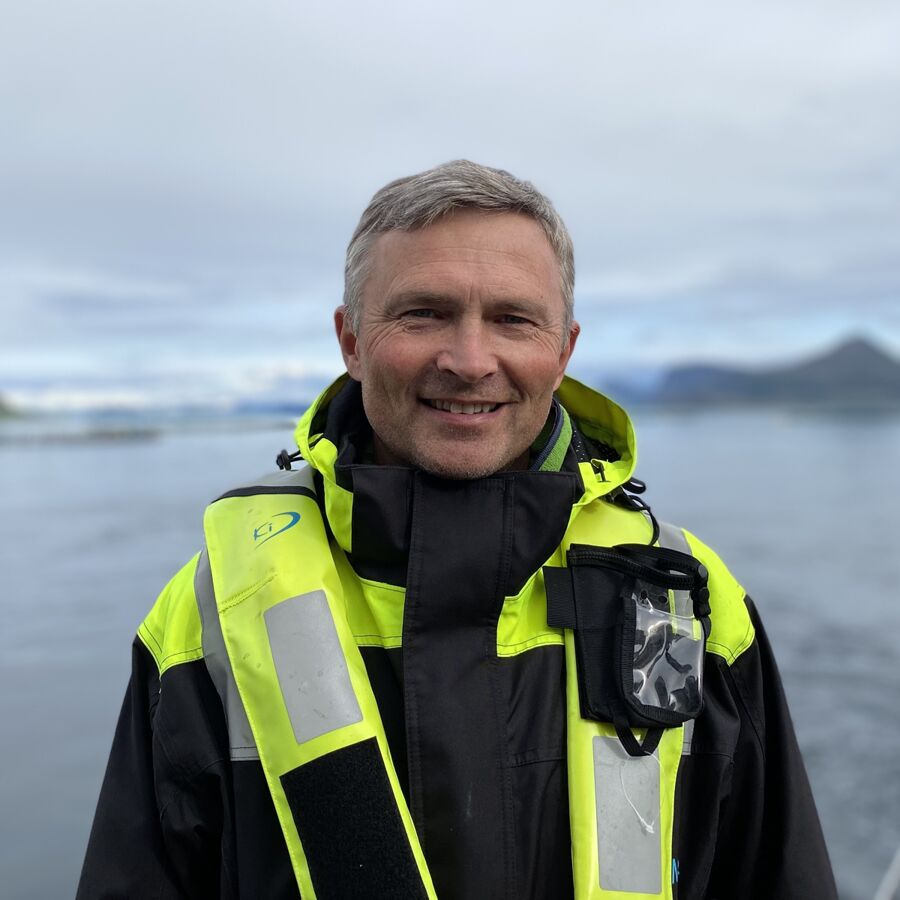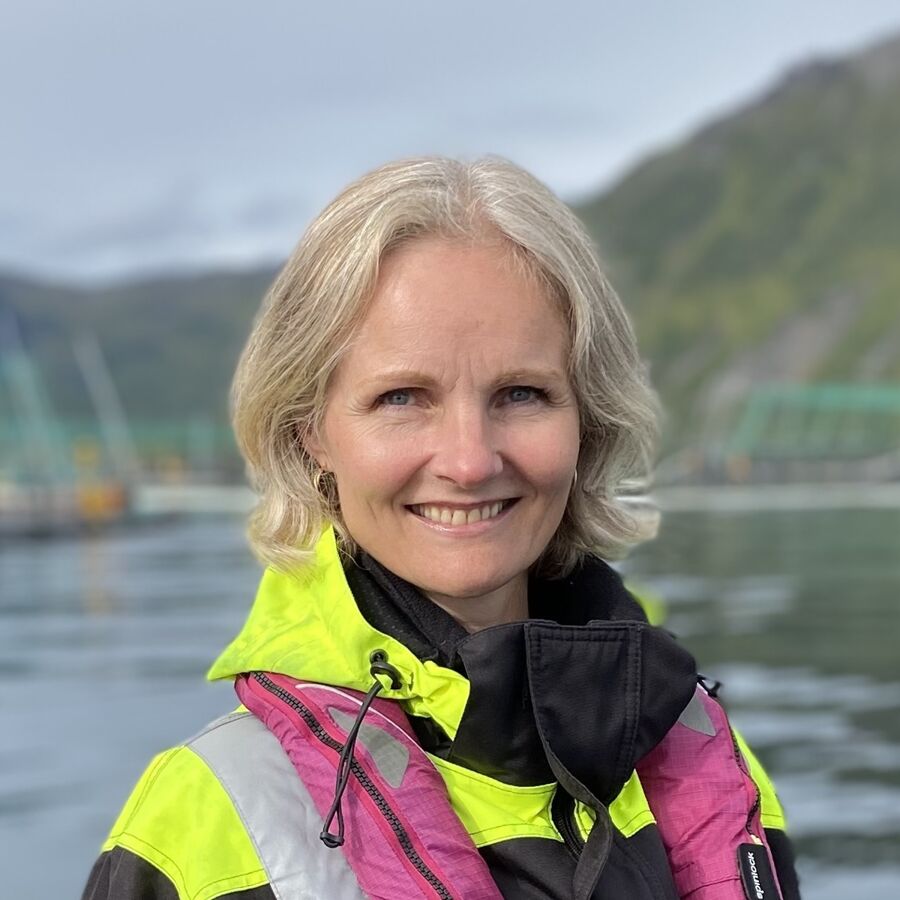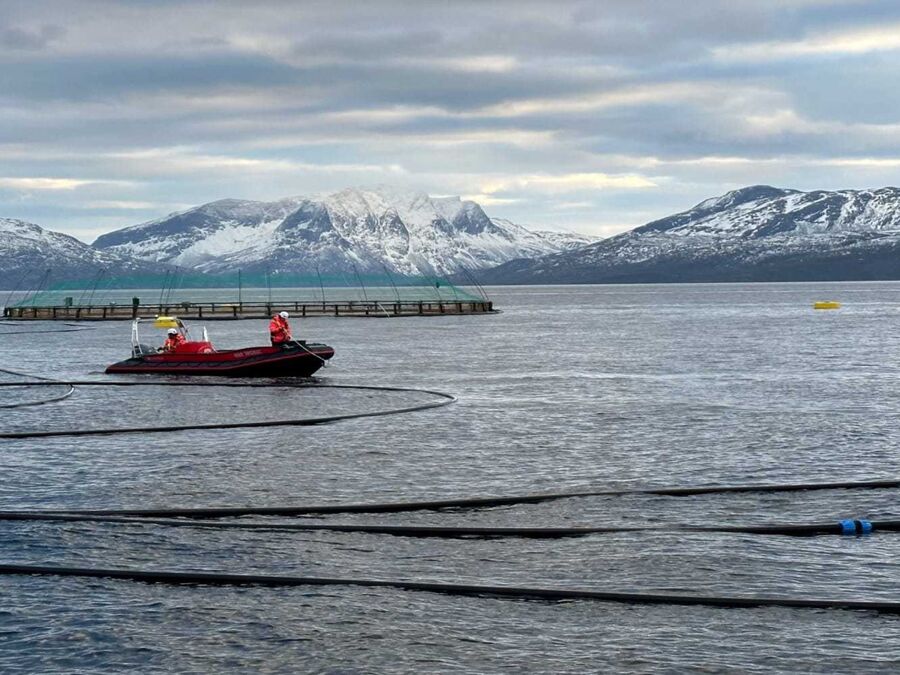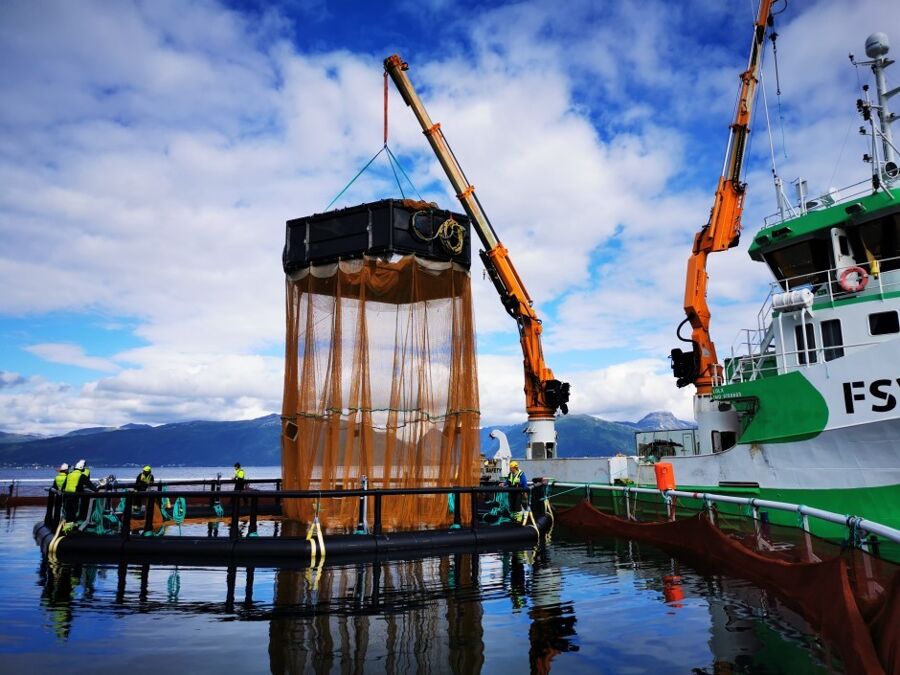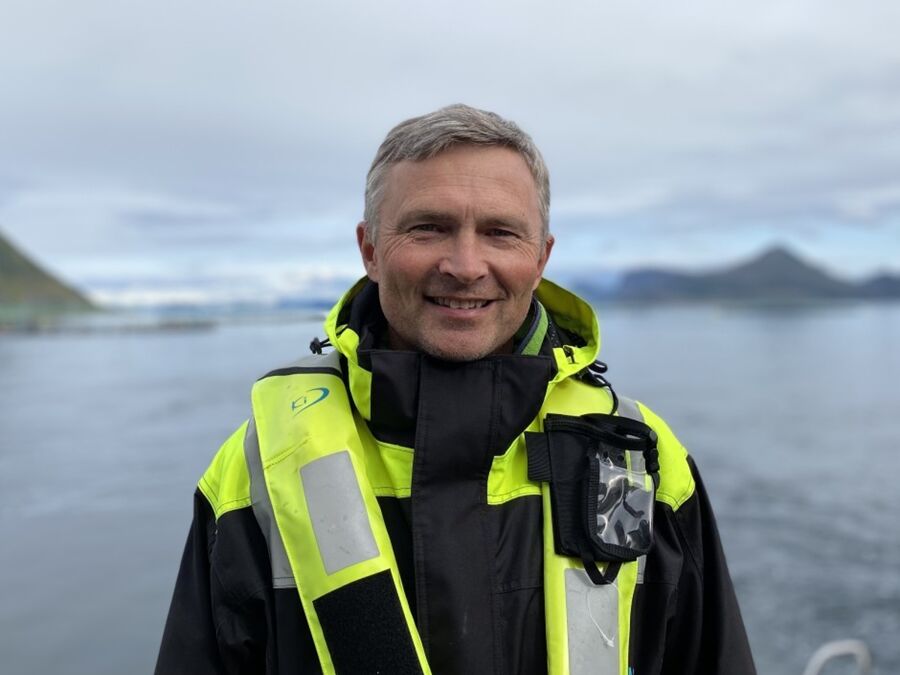News
05.06.2015
GLOBAL SALMON INITIATIVE LAUNCHES INAUGURAL SUSTAINABILITY REPORT
To mark World Environment Day the Global Salmon Initiative (GSI) today launched its inaugural Sustainability Report at the Economist’s World Ocean Summit 2015 in Lisbon, Portugal. The landmark report showcases key environmental and social data across all 14 GSI member companies. This is the first time a global food sector has collectively reported on sustainability performance indicators in such a transparent manner.
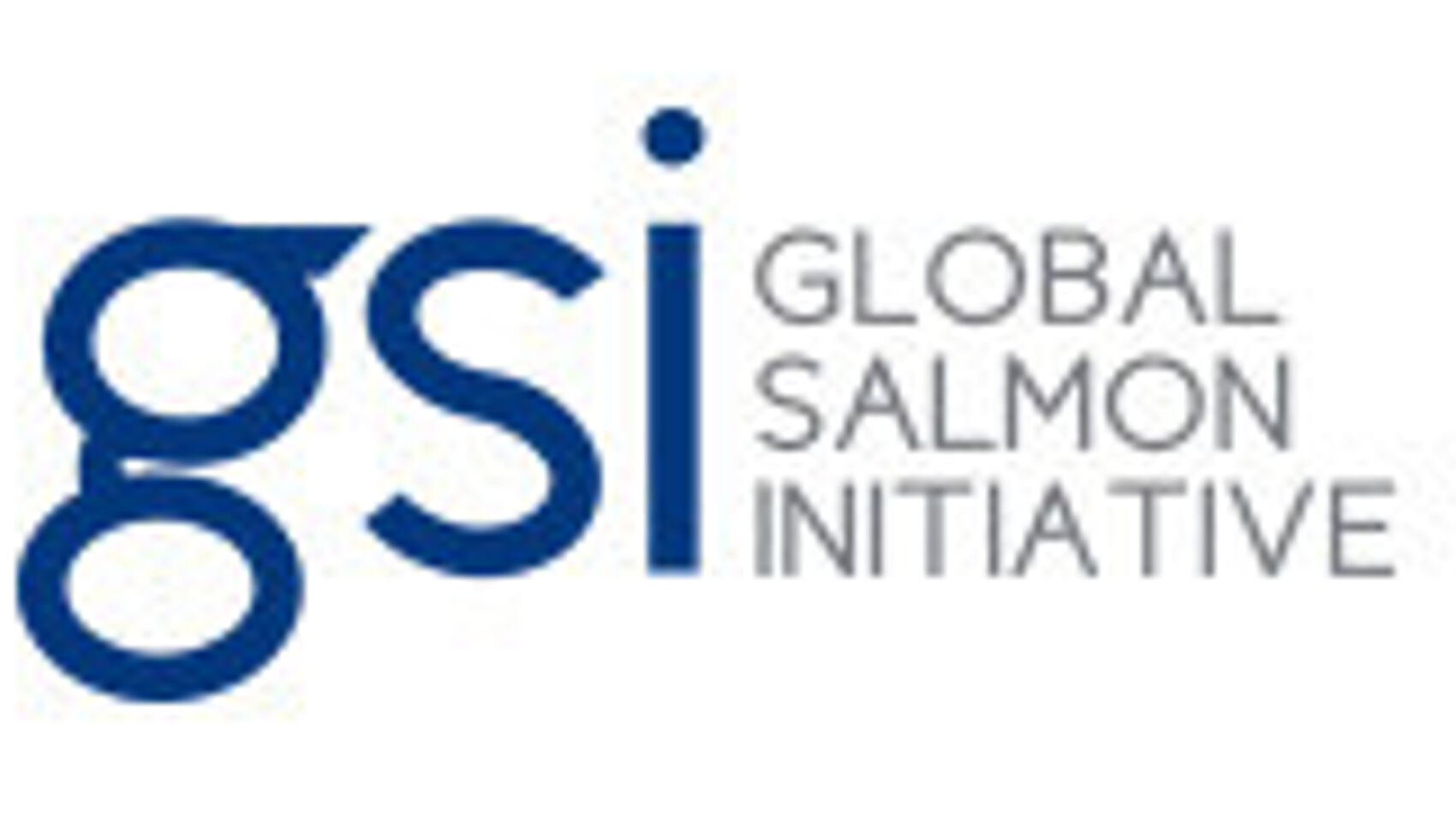
“The launch of GSI’s Sustainability Report demonstrates the group’s leadership in creating greater transparency across the aquaculture sector. It is a remarkable achievement that they have developed this collective reporting platform, and we strongly encourage other production sectors and platforms to follow suit”, said Piers Hart, Global Lead for Aquaculture at WWF.
The launch of the Sustainability Report represents a major accomplishment for the GSI, and will be critical for reporting against many of their objectives. The online Sustainability Report includes data on:
Key environmental and social indicators for each GSI member• Progress towards GSI’s goal of achieving Aquaculture Stewardship Council (ASC) certification across all farms by 2020
• The efficiency of farmed salmon as a sustainable and healthy source of protein“Today at the World Ocean Summit, global leaders are discussing the potential role aquaculture can play in improving the world’s economic growth. Through the launch of the Sustainability Report, we are able to show how farmed salmon represents a viable solution for economic opportunity, balanced with sustainable operations and improved environmental performance”, said Jon Hindar, GSI Co-Chair and CEO of Cermaq.
“In a demographic environment where the world is searching for sustainable sources of protein to feed a growing population, and people are eager for healthier food, farmed salmon rises as a highly efficient and healthy source of protein. Through the launch of this report, the GSI members are demonstrating their commitment to meeting this demand sustainably. The report sets a baseline for industry performance, and generates a reference point to track our progress in a manner that can be transparently reviewed by communities and stakeholders. This report is a genuine commitment to make significant progress in our sustainability, through hard work and continued focus from the GSI members”, said Ricardo Garcia, GSI Co-Chair and CEO of Camanchaca.
The report provides data for all GSI members in the following areas: fish escapes, fish mortality, antibiotic use, sea lice levels, sea lice treatments, wildlife interactions, use of marine ingredients in feed, compliance, occupational health and safety, and interactions with the local community.
The report represents many months of hard work and collaboration from all GSI companies. Collecting and collating comparable data from such diverse regions where GSI operates has been a challenging process, but over time and with more experience, the GSI will look to show significant progress in the data expressed in the Sustainability Report.
The full report can be viewed here:
http://globalsalmoninitiative.org/sustainability-report
ABOUT GSI
The Global Salmon Initiative (GSI) is a leadership initiative established in 2013 by global farmed salmon producers focused on making significant progress on industry sustainability. Today GSI comprises 14 companies, representing approximately 50% of the global salmon production industry, that are fully committed to realizing a shared goal of providing a highly sustainable source of healthy food to feed a growing global population, whilst minimizing our environmental footprint, and continuing to improve our social contribution.
GSI member companies are Bakkafrost; Blumar; Cermaq; Compañía Pesquera Camanchaca; Empresas AquaChile; Fjardlax; Grieg Seafood; Huon Aquaculture; Los Fiordos; Marine Harvest; Multiexport Foods SA; New Zealand King Salmon; Norway Royal Salmon; and Ventisqueros. GSI companies have a presence in Canada, Chile, the Faroe Islands, Ireland, New Zealand, Norway, Scotland and Tasmania, and make significant contributions to the economies of these respective countries.
Press contacts
